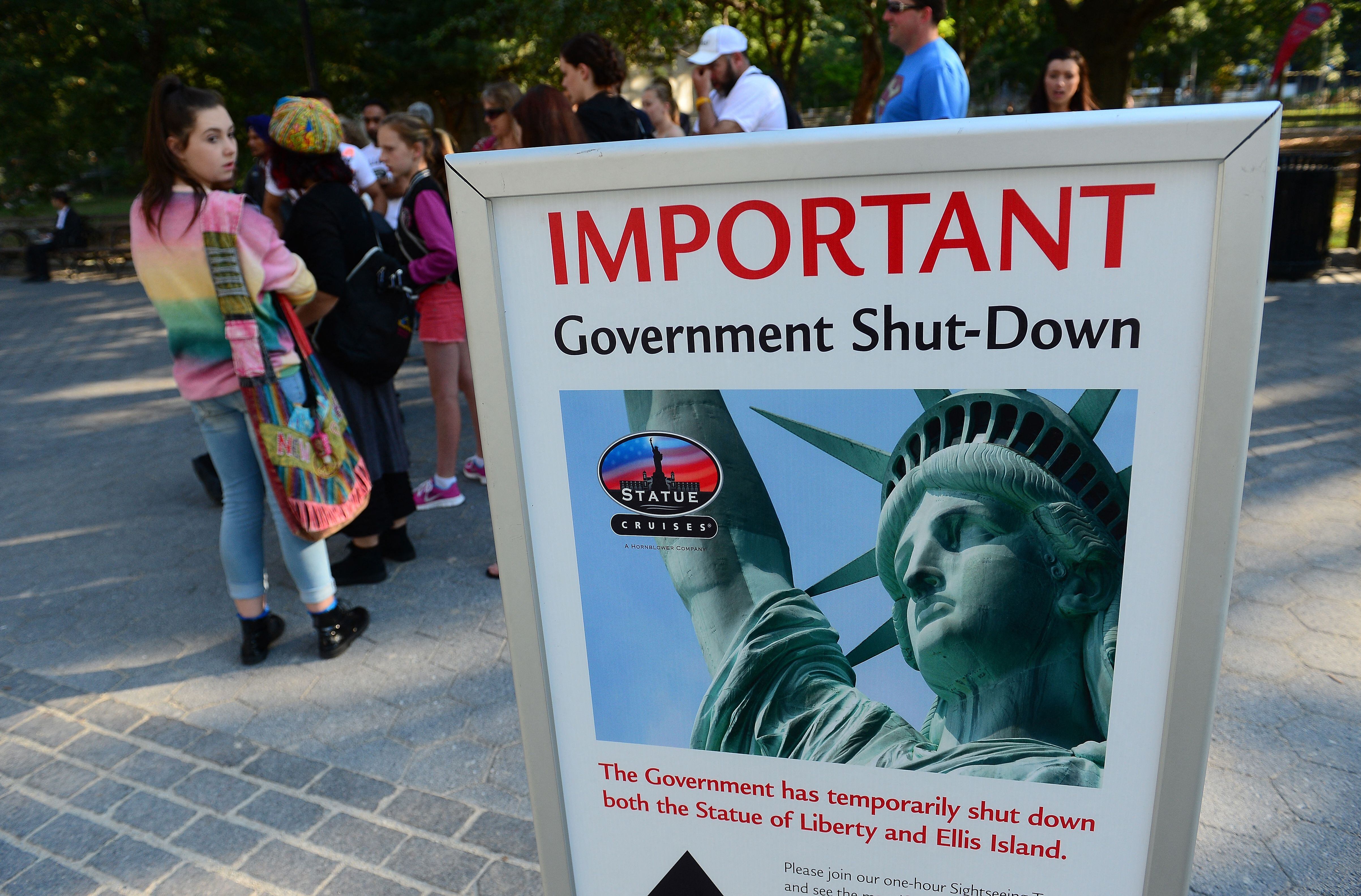One of the biggest barriers in ending veterans homelessness is the most obvious: Finding someplace for them to live.
Veterans advocates told lawmakers Wednesday that despite focused federal and local efforts to help veterans who are living on the streets, progress is too often limited by a simple lack of nearby affordable housing.
"Even once they have vouchers in their hands, there's no guarantee there will be affordable housing for them to move into," said Jennifer Ho, senior adviser at the Department of Housing and Urban Development.
She said the most popular veterans housing voucher program provides about $650 a month for rent costs, with larger payouts for veterans in higher-cost areas. Finding housing within those fiscal constraints can be complicated and time-consuming, aggravating the problems that these struggling individuals face.
Federal efforts have helped reduce the number of homeless veterans by more than 25,000 over the past five years, but about 50,000 veterans are believed to still be struggling to find reliable, affordable housing.
Lisa Pape, executive director of homeless programs at the Veterans Health Administration, said roughly 71 percent of that population suffers from mental health disorders or substance abuse problems. Simply handing them vouchers or other financial assistance won't solve their problems.
But Pape said officials have seen success with rapid housing and transitional shelter programs, and building up those resources will be key to getting the homeless veterans population down to zero.
She said the problem is especially difficult in rural areas, given the lack of centralized support services found in larger cities.
"We need to have more capacity, community by community," she said at the hearing before the Senate Veterans' Affairs Committee. "Any new housing is a welcome addition."
Ho said federal officials are working with local agencies to emphasize the need for more affordable housing. Pape also noted that "sustaining gains made so far requires continued investments," saying officials need to maintain the momentum of recent progress.
Lawmakers have voiced concerns in recent months about the growth of the Veterans Affairs Department budget, but have not threatened trims to the homelessness programs.
VA officials in 2010 publicly pledged to end veterans homelessness by the end of this year.
City officials in New Orleans and Houston say they have reached "functional zero" already, with the capacity and services on hand to quickly aid any veterans who end up in housing distress. Roughly 700 mayors have signed onto the national effort.
Leo covers Congress, Veterans Affairs and the White House for Military Times. He has covered Washington, D.C. since 2004, focusing on military personnel and veterans policies. His work has earned numerous honors, including a 2009 Polk award, a 2010 National Headliner Award, the IAVA Leadership in Journalism award and the VFW News Media award.





